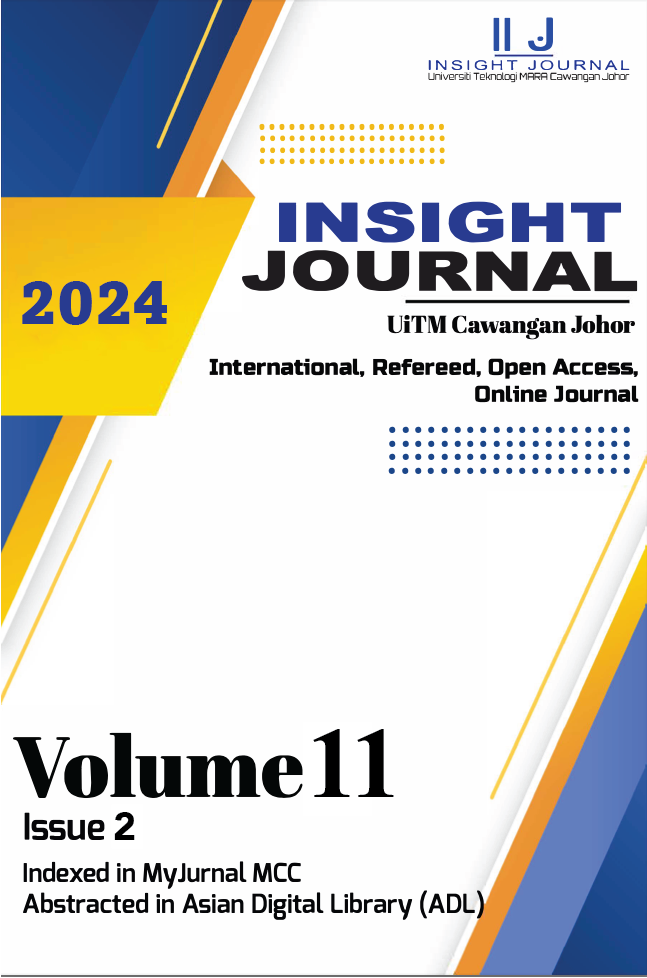DISPOSAL BEHAVIOUR OF UNUSED MEDICINES WITH ENVIRONMENTAL AWARENESS AS MODERATOR
A CONCEPTUAL PAPER
DOI:
https://doi.org/10.24191/ij.v11i2.2037Keywords:
Environmental Awareness, Disposal, MRP, Unused Medicine, HBM TheoryAbstract
Rising economies and developing nations lead to expanded access to essential medications. Malaysia is not an exception to the trend of increased pharmaceutical product. They are referred to medications or drugs that are necessary for maintaining public health as well as for the prevention and treatment of illnesses. Pharmaceutical products increased by 24% from 2015 to over 4.5 trillion doses globally in 2020). Nonetheless, not all patients had consumed all the prescribed medicines they have. Unused medicines are defined as pharmaceuticals that are no longer consumed by the intended users or patients. These unused medicines could be improperly disposed of. Improper disposal of unused medicines is defined as discarding unused medicine other than returning them to a Medicine Return Programme (MRP). The leftover and unused medicines may adversely affect the environment if the disposal of them is inappropriate. For instance, the potential environmental harm caused by medicines when disposed of in household trash, leading to their presence in landfill and contamination of surface water. Consequently, one objective of this conceptual paper is to examine the factors influencing the disposition behaviour of unused medicines and the moderating effect of environmental awareness in the relationship between intention and disposition behaviour in Malaysia. Health Belief Model (HBM) theory will be used in this paper to explain the factors influencing the disposition behaviour of unused medicines. This paper aims to provide a conceptual process for understanding how patients evolve in their disposal behaviour of unused medicines by putting forth a conceptual framework that incorporated these elements
References
Downloads
Published
Issue
Section
License
Copyright (c) 2024 UiTM Press

This work is licensed under a Creative Commons Attribution 4.0 International License.







